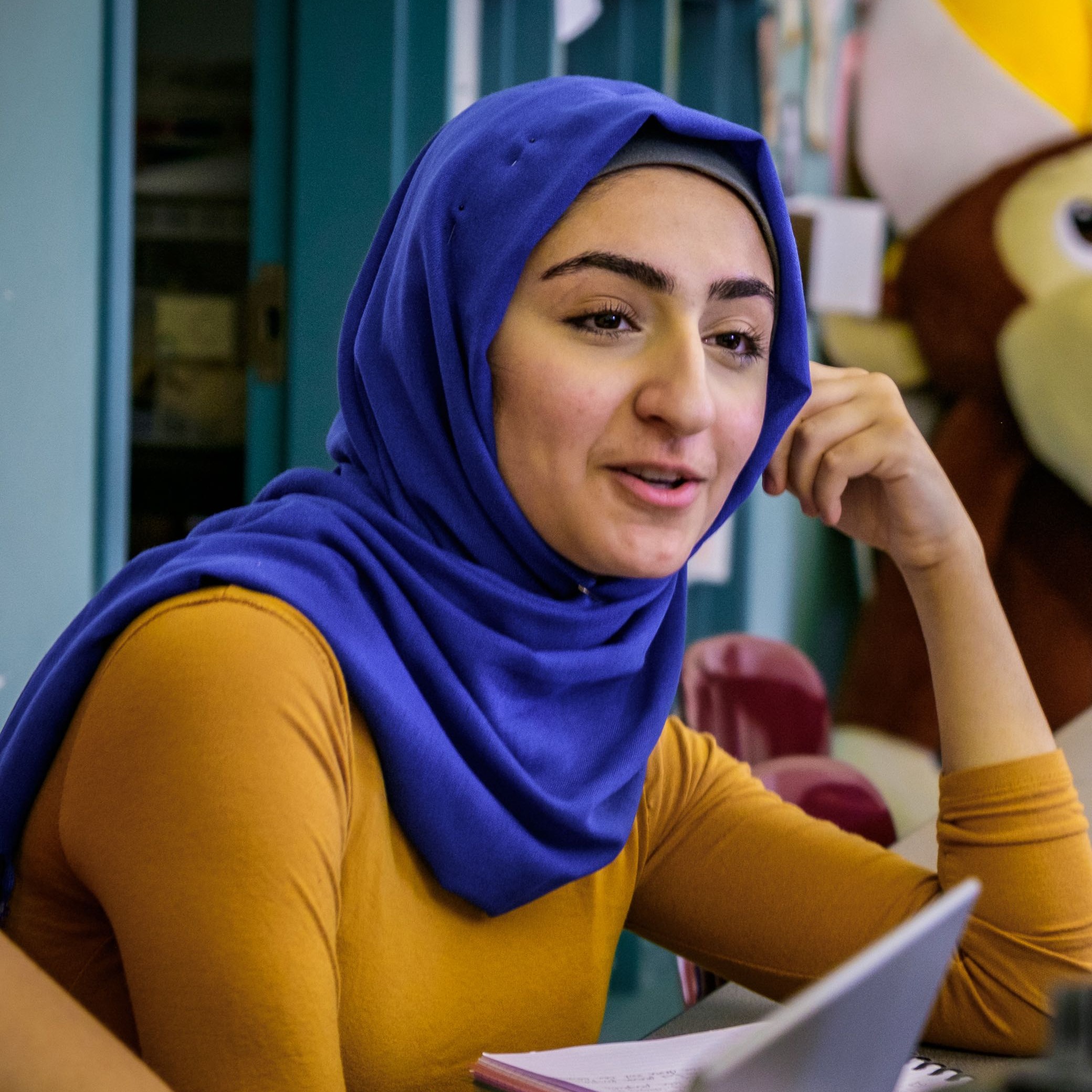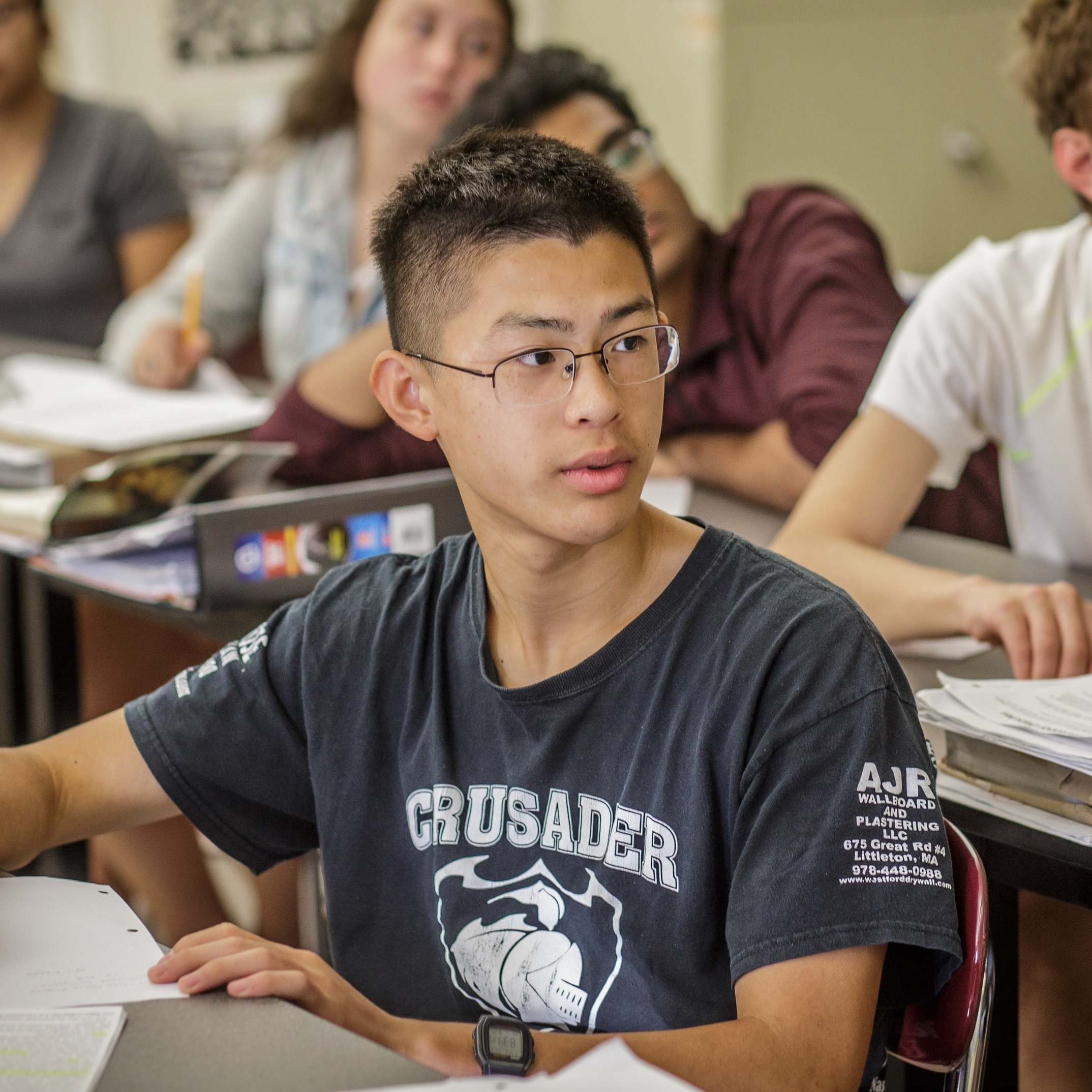Diversity, Equity & Inclusion




At Groton-Dunstable Regional School District, we are dedicated to creating and sustaining inclusive classrooms, schools, and systems that foster a sense of belonging for every student. At the core of our diversity, equity, and inclusion (DEI) work is our commitment to disrupt the dominant culture and the systemic, institutional biases within our school system that currently limit or impede opportunity or access for minoritized students. This work requires continuous learning to identify, examine, and confront our language, practices, procedures, and policies that directly or indirectly promote or sustain inequitable outcomes and deficit thinking. For more information, please contact Jill Greene, Director of Student Services, at (978) 448-5505 or jgreene@gdrsd.org.


Discrimination and Harassment Policies and Procedures
Groton-Dunstable Regional School District is committed to maintaining a school environment where all individuals are treated with dignity and respect. We will not tolerate harassment of staff or students based on race, color, sex, sexual orientation, gender identity, religion, disability, age, active military/veteran status, ancestry, or national or ethnic origin. In addition, students who are homeless (McKinney-Vento Act) or of limited English-speaking ability are also protected from discrimination. For details, read the following documentation:
ACAB - Harassment Policy (Reviewed 2/24/2021)
ACAB - Harassment Procedures (Reviewed 2/24/2021)
Diversity, Equity & Inclusion Advisory Commitee
For more information on meeting minutes, agendas, and other essential documents, please visit the Diversity, Equity & Inclusion Advisory Committee folder. For more information on joining the DEI Advisory, please check HERE.
The Four Agreements of Courageous Conversations
Talking with children about complex topics of bias, race, and hate can be challenging. We are sharing a few supports for families and staff to engage in this dialogue below. Glenn Singleton refers to four agreements of courageous conversations, briefly outlined below.
Stay engaged: Staying engaged means “remaining morally, emotionally, intellectually, and relationally involved in the dialogue” (p. 71).
Speak your truth: This means being open about thoughts and feelings and not just saying what you think others want to hear.
Experience discomfort: This norm acknowledges that discomfort is inevitable, especially in dialogue about race, and that participants commit to bringing issues into the open. It is not talking about these issues that create divisiveness. Divisiveness already exists in society and our schools. Through dialogue, even when uncomfortable, the healing and change begin.
Expect and accept nonclosure: This agreement asks participants to “hang out in uncertainty” and not rush to quick solutions, mainly to racial understanding, which requires ongoing dialogue.
Adapted from: Singleton, G.E. (2015). Courageous Conversations about Race: A Field Guide for Achieving Equity in Schools. Thousand Oaks, CA: Corwin.
Any individual who wishes to file a complaint alleging harassment may inform any trusted staff member or a supervisor. Suppose an employee does not wish to discuss the issue with a staff member or feels the problem was not addressed effectively, contact the Assistant Superintendent of Schools.
